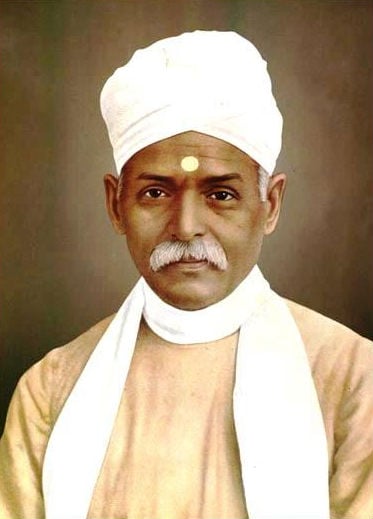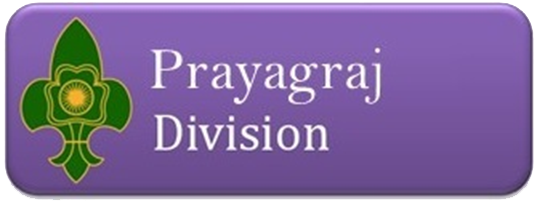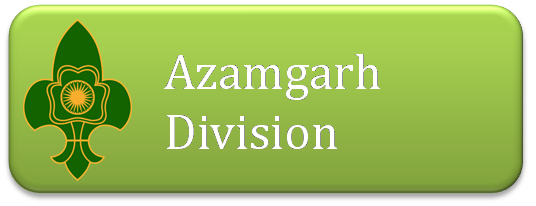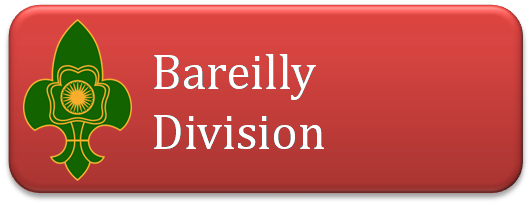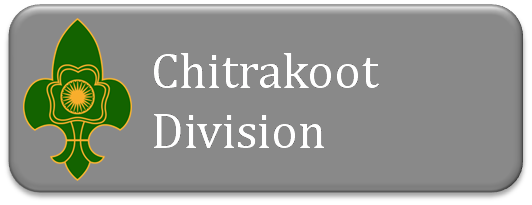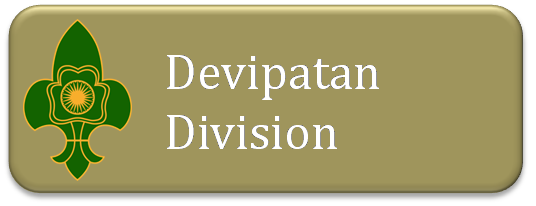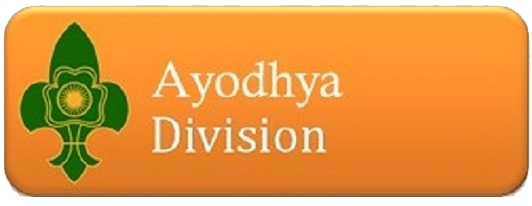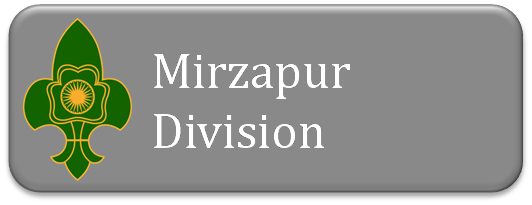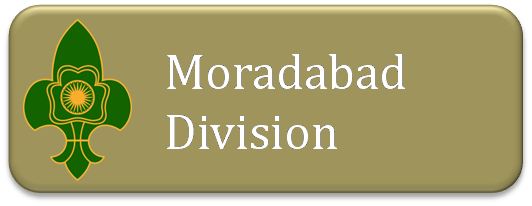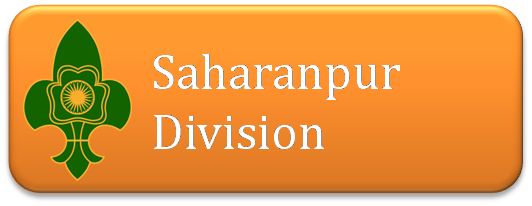
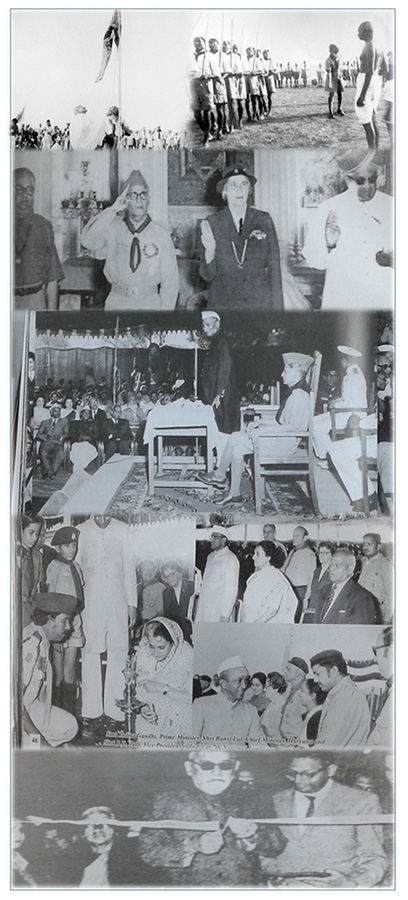
Boy Scout
Scouting was officially founded in British India in 1909, first starting at the Bishop Cotton Boys' School in Bangalore. Scouting for native Indians was started by Justice Vivian Bose, Pandit Madan Mohan Malaviya, Pandit HridayanathKunzru , Pt. Shri Ram Bajpai, Girija Shankar Bajpai, Annie Besant and George Arundale, in 1913. Prior to this date, Scouting was open only for British and foreign Scouts. In 1916, a Cub section was started, followed by the Rover section in 1918.
In 1916, Calcutta's Senior Deputy Commissioner of Police J. S. Wilson introduced Scouting for Boys as a textbook in the Calcutta Police Training School. Colonel Wilson volunteered his services to the District Scout Commissioner, Alfred Pickford , and in 1917 became Assistant Scoutmaster of the Old Mission Church Troop. Together the two struggled for the admission of Indian boys into the Boy Scouts Association , which had not been admitted due to a Government of India order against it because "Scouting might train them to become revolutionaries". Shortly Wilson was acting as Cubmaster and Scoutmaster, and succeeded Pickford as District Commissioner in May 1919 when Pickford was promoted to Chief Scout Commissioner for India.
As a way of getting around the Government Order, the Boy Scouts of Bengal was founded, with identical aims and methods. Many separate Scout organizations began to spring up, the Indian Boy Scouts Association, founded in 1916, based in Madras and headed by Annie Besant and George Arundale; Boy Scouts of Mysore; Boy Scouts of Baroda; Nizam's Scouts in Hyderabad; SevaSamiti Scout Association(Humanity Uplift Service Society), founded in 1917 by Madan Mohan Malaviya and HridayanathKunzru and based in Allahabad; the aforementioned Boy Scouts of Bengal and likely others. A conference was held in Calcutta in August 1920 in which Wilson staged a Scout Rally, and as a result the Viceroy of India sent an invitation to Lord Baden-Powell , by then Chief Scout of the World, to visit India. Lord and Lady Baden-Powell arrived in Bombay in late January 1921 for a short tour of the subcontinent before leaving Calcutta for Rangoon . Alfred Pickford accompanied them and became one of their closest friends.
Girl Guides
The first Girl Guides company was founded in Jabalpur in 1911 at Christ Church School The movement immediately grew: In 1915, more than fifty companies existed with a membership of over 1,200, all of them directly registered with the Girl Guide Association and all restricted to girls of European descent. These companies formed the All India Girl Guides Association in 1916. In the same year the organisation opened for Indian girls.
Bharat Scout and Guide
In the first years after India's independence leading politicians, including Jawaharlal Nehru , MaulanaAbulKalam Azad , and Mangal Das Pakvasa , as well as Scout leaders tried to unify India's Scouts and Guides. A first success was the merger of the Boy Scouts Association in India and the Hindustan Scout Association forming the Bharat Scouts and Guides on 7 November 1950. About a year later, on 15 August 1951, the All India Girl Guides Association joined this new organisation. In 1959, the 17th World Scout Conference in New Delhi was hosted by the BSG. The Sangam World Girl Guide/Girl Scout Center in Pune , Maharashtra , India, opened in 1966. The idea for this fourth world centre dates back to 1956 when it was developed during a WAGGGS International commissioners' meeting in New Delhi . The United Nations selected the Bharat Scouts and Guides as honorary "Peace Messengers" for their significant and concrete contributions to the International Year of Peace in 1986.


